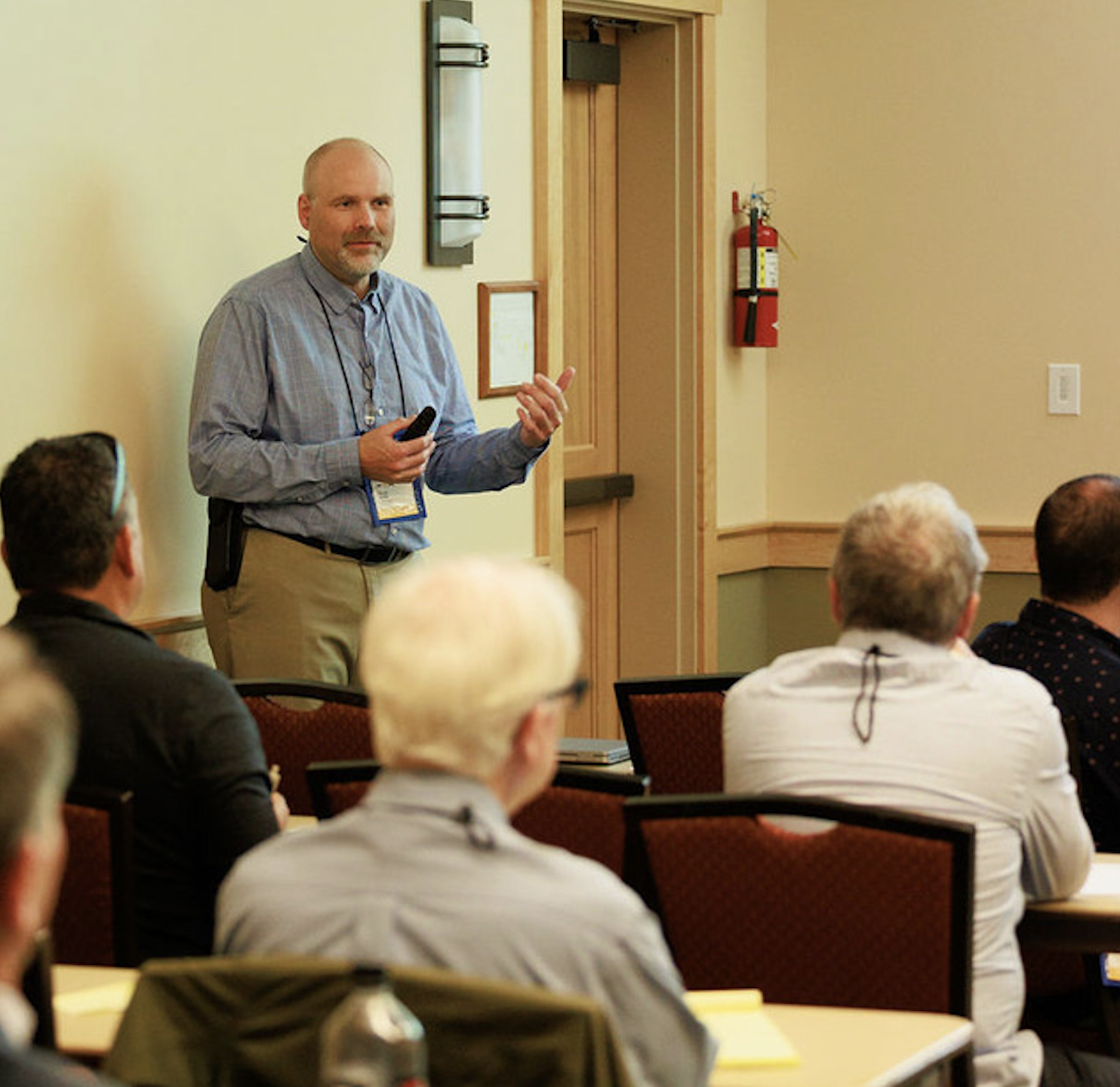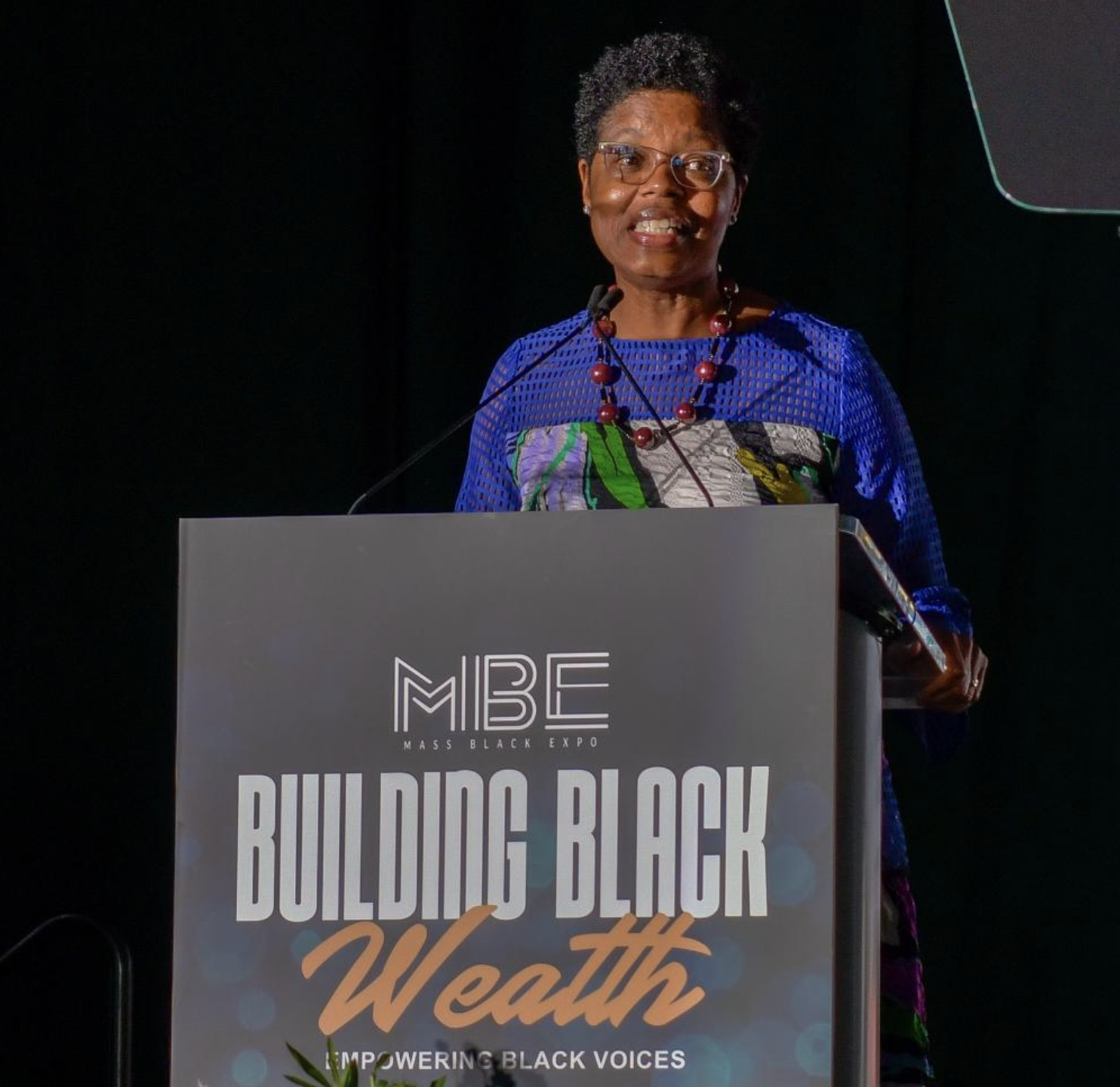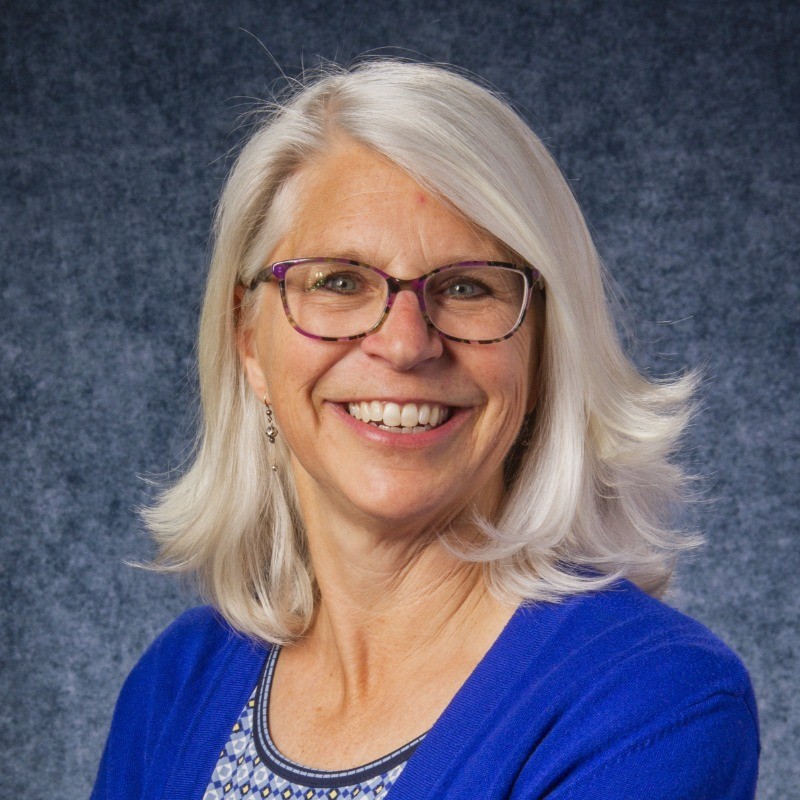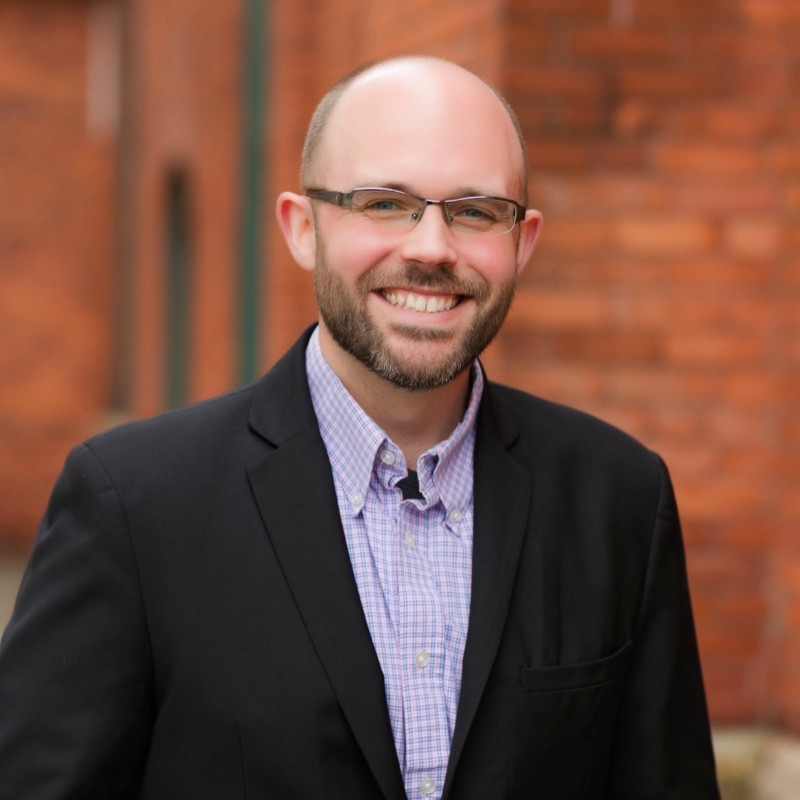


November 12, 2024 — The NETI Fellowship, a 9-month program that brought together a diverse group of business experts from across the region to expand their knowledge about exit planning and employee ownership, came to a close this month and we are celebrating our graduates by highlighting their plans to strengthen their local business communities.
The fellowship, which kicked off in February, moved fellows through a curriculum and projects that helped each participant develop a strategic, region-specific model to support businesses and business owners in navigating the exit planning process and the employee ownership option.
Many of our graduates noted different community needs that led them to join the fellowship including the wave of baby boomer business owners who are seeking to retire in the next few years and don’t know their options, avoiding unnecessary small business closures, closing wealth gaps, and increasing the profitability and growth of local businesses.
We asked each of our graduating fellows — who come from diverse backgrounds including lenders, small business development centers, economic development groups, and incubators — the same five questions to understand the unique needs of their communities and the learnings they plan to bring back and implement.
Q1: What kind of issues does your community face that you believe employee ownership can help to solve?

Director of Advisory Services at Local Enterprise Assistance Fund (LEAF)

Cofounder of Proprietor LLC

VP of Economic Development at 1Berkshire
Q2: What did you learn about employee ownership and exit planning that you didn’t know before you participated in the NETI Fellowship Program?

Portfolio Manager at Boston Impact Initiative

Program Director at Hannah Grimes Center for Entrepreneurship

Q3: What do you see yourself and/or your organization doing in the next five years with the information and tools that you gained through the fellowship?

Business Development Lending Officer at Mill Cities Community Investments

VP Policy & Director at the Center for Women & Enterprise

VP of Economic Development at 1Berkshire
Q4: What is the outcome that you are aiming to achieve to address needs in your community?

President and CEO of the Black Economic Council of Massachusetts

Regional Director at Onondaga Regional Small Business Development Center

Director of Advisory Services at Local Enterprise Assistance Fund (LEAF)
Q5: If you could promote one call to action to move stakeholders including policymakers, your peers, governments, (and any others), what action would you want these stakeholders to take?

Regional Director at Onondaga Regional Small Business Development Center

President and CEO of the Black Economic Council of Massachusetts
Nicole Obi: We are highly reactive and therefore poorly suited to support adoption and execution of these strategies. We need better data on who is considering leaving their businesses over the next 5-15 years and all of the pertinent details related to their firm. Then we need more of a public private partnership to define a path forward on the development and support of industry & sectors, by region and municipality. What resources (e.g. forgiveable loans, low interest loans) and policies (e.g. tax credits, zoning, etc) are needed to support those paths. And we have to ensure that all of this is through the lens of equity, especially given the growth of “minority” businesses and the exit of white business owners.

Portfolio Manager at Boston Impact Initiative
